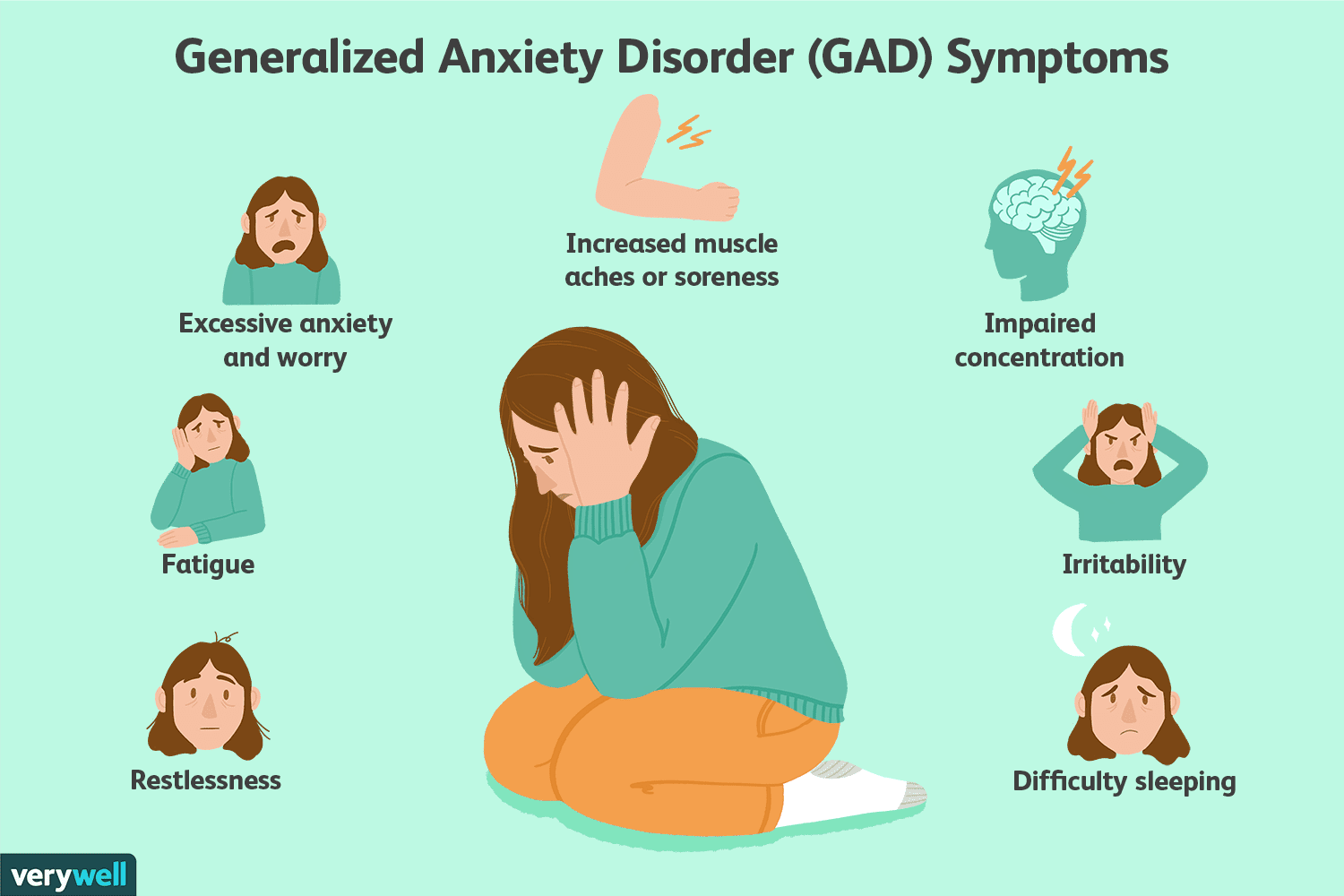Even though many people do not understand anxiety and how it works, it is an aspect of mental health that affects millions of people worldwide. It is normal to experience occasional feelings of anxiety in response to stressful situations, however, with anxiety disorders this normal stress triggers excessive and uncontrollable worry and fear and this can significantly impair daily functioning and quality of life. Addressing anxiety is crucial for several reasons, and there are many reasons why the public should care about this topic.

Anxiety disorders are incredibly prevalent. According to the World Health Organization (WHO), anxiety disorders are among the most common mental health conditions globally, affecting an estimated 284 million people of all ages. These disorders can manifest in various forms, including generalized anxiety disorder (GAD), panic disorder, social anxiety disorder, specific phobias, and others. Anxiety does not just affect individuals. It goes further on to affect the wider community and society. Anxiety disorders can lead to impairments in how we work, do school, and manage our relationships. This can keep people from pursuing their goals and aspirations. Anxiety has a high comorbidity rate with other mental health conditions, such as depression, substance abuse, and suicidal ideation, amplifying the overall burden on healthcare systems and communities.
Understanding the underlying mechanisms of anxiety is crucial for developing effective interventions and treatments. Recent research in this field has shed light on how genetic, environmental, and neurobiological factors contribute to the development and maintenance of anxiety disorders. Advances in neuroscience have revealed neural circuits and neurotransmitter systems involved in the regulation of anxiety-related behaviors, thereby offering new targets for pharmacological and psychological interventions.

In the article “Making memories of stressful events: a journey along epigeneticc, gene transcription, and signaling pathways” by Johannes M. H. M.Reul, the researchers looked into the intricate mechanisms underlying the formation of memories associated with stressful events. They investigated the role of epigenetic, gene transcription, and signaling pathways in how our brains encode experiences of stress, shaping our responses and behaviors in stressful situations.
Central to Reul’s findings is the pivotal role of glucocorticoid hormones, such as cortisol, in the cellular and molecular responses to stress. These hormones act as key regulators of gene transcription, binding to specific receptors within neurons and modulating the expression of target genes involved in stress adaptation and memory formation. The article also explores how stress triggers molecular events within neurons, ultimately leading to changes in gene transcription. Through the role of the ERK/MEK pathway involved in stress-induced gene transcription, we understand how neurons adapt and rewire to encode memories of stressful experiences.
In conclusion, anxiety is a significant public health concern with far-reaching implications for individuals and society as a whole. By prioritizing research in this field, more effective prevention strategies and support systems can be developed to alleviate the burden of anxiety and improve the lives of millions of people around the world.

Sources
Cordero MI, Sandi C. A role for brain glucocorticoid receptors in contextual fear conditioning: dependence upon training intensity. Brain Res (1998)
786:11–7. doi:10.1016/S0006-8993(97)01420-0
Oitzl MS, De Kloet ER. Selective corticosteroid antagonists modulate specific aspects of spatial orientation learning. Behav Neurosci (1992) 106:62–71.
doi:10.1037/0735-7044.106.1.62
Jefferys D, Copolov D, Irby D, Funder J. Behavioural effect of adrenalectomy:
reversal by glucocorticoids or (D-ALA2,MET5)enkephalin amide. Eur J Pharmacol (1983) 92:99–103. doi:10.1016/0014-2999(83)90113-9
Sandi C, Loscertales M, Guaza C. Experience-dependent facilitating effect of
corticosterone on spatial memory formation in the water maze. Eur J Neurosci
(1997) 9:637–42. doi:10.1111/j.1460-9568.1997.tb01412.x
Veldhuis HD, De Korte CCMM, De Kloet ER. Glucocorticoids facilitate the
retention of acquired immobility during forced swimming. Eur J Pharmacol
(1985) 115:211–7. doi:10.1016/0014-2999(85)90693-4
